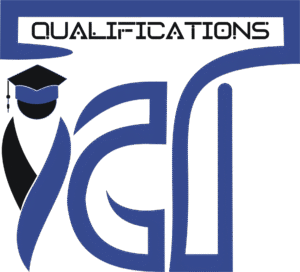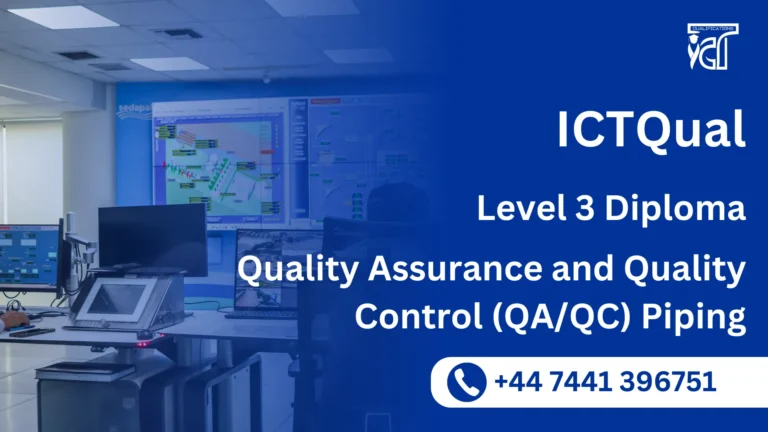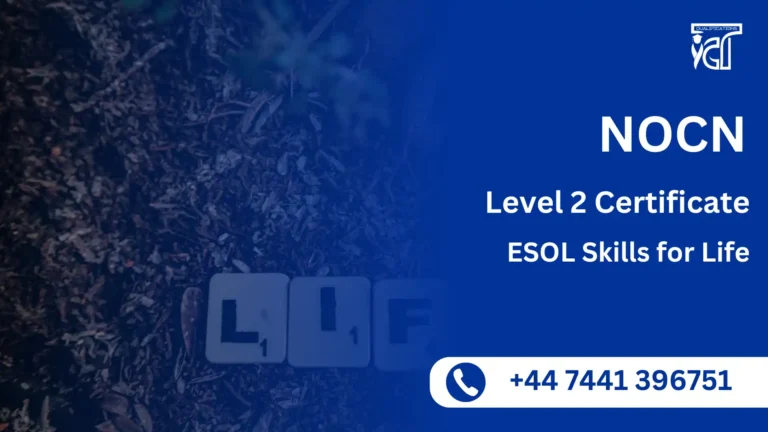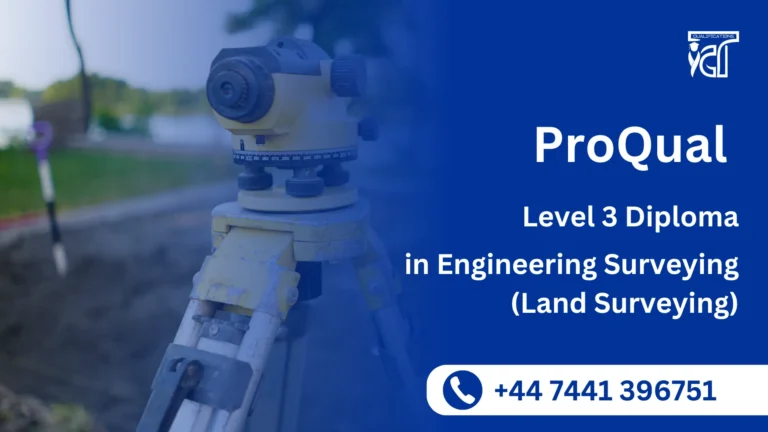ProQual Level 2 Diploma in Healthcare and Social Care Support Skills
Empowering care workers with skills that make a difference


Course Level
Level 2
Course Type
Ofqual Regulated
Awarding Body
ProQual
Duration
3 to 6 Month
Study Mood
Online
Assessment
Assignments Based
Course Overview
What is this course
Looking to start a rewarding career in healthcare or social care? The ProQual Level 2 Diploma in Healthcare and Social Care Support Skills is the perfect first step. This accredited UK qualification is designed for healthcare assistants, care workers, and support staff who want to build practical skills and gain recognition in the sector.
With this Level 2 Diploma in Social Care Support, you’ll learn essential healthcare support skills, from patient care and communication to safeguarding and professional practice. The course is flexible, making it ideal for busy learners who want to study online while working. Whether you’re aiming to boost your career, meet employer requirements, or simply gain confidence in your role, this diploma provides the knowledge and accreditation you need.
Because it’s a ProQual accredited healthcare and social care qualification, employers across the UK recognize it as a trusted standard. Completing this program opens doors to further study and career progression in nursing, social care, and allied health professions.
Start your journey today with the ProQual Level 2 Diploma in Healthcare and Social Care Support Skills – an affordable, flexible, and career‑boosting qualification designed to help you succeed.
Course Content
Detailed Curriculum Structure
To achieve the ProQual Level 2 Diploma in Healthcare and Social Care Support Skills; Candidates must achieve a minimum of 37 credits: a minimum of 25 credits must be from the Level 2 units and the remaining 12 credits can be from any combination of units from the Level 2 or Level 3 or Level 4 units
Who Should Attend
Target Audience and Participants
The ProQual Level 2 Diploma in Healthcare and Social Care Support Skills is designed for anyone who wants to build a career in the healthcare or social care sector. It is especially suitable for:
- Healthcare assistants and support workers who want an accredited qualification to strengthen their skills.
- Care workers in residential homes, community care, or domiciliary settings seeking professional recognition.
- Individuals new to healthcare and social care who want a trusted entry‑level qualification.
- Staff working in hospitals, clinics, or care facilities who need to meet employer training requirements.
- Learners aiming to progress toward higher qualifications in nursing, public health, or allied health professions.
- Career changers looking for a flexible, affordable way to enter the healthcare and social care field.
This Level 2 Diploma in Social Care Support is ideal if you want practical healthcare support skills, confidence in your role, and a qualification recognized across the UK. Whether you are starting out or advancing your career, the ProQual accredited healthcare and social care qualification provides the foundation you need to succeed.
Career & Learning Benefits
Skills, Knowledge & Opportunities You Will Earn
Taking the ProQual Level 2 Diploma in Healthcare and Social Care Support Skills offers a wide range of benefits for learners who want to grow their career in the healthcare and social care sector.
- Gain an accredited UK qualification recognized by employers across healthcare and social care.
- Build practical healthcare support skills including patient care, safeguarding, and effective communication.
- Improve confidence in your role as a healthcare assistant, care worker, or support staff.
- Meet employer training requirements and enhance your professional credibility.
- Flexible online study options allow you to balance learning with work or family commitments.
- Affordable pathway to career progression in nursing, public health, and allied health professions.
- Strengthen your CV with a trusted ProQual accredited healthcare and social care qualification.
- Open doors to further study and higher‑level diplomas in healthcare and social care.
- Learn in a supportive, approachable environment designed for both new entrants and experienced staff.
- Develop transferable skills that are valuable across hospitals, clinics, residential care, and community care settings.
This Level 2 Diploma in Social Care Support is more than just a qualification – it’s a career‑boosting opportunity that helps you stand out, grow professionally, and make a real difference in healthcare and social care.
Need More Information?
Frequently Asked Questions Explained
Enrollment Criteria
Minimum Eligibility Criteria for Enrollment
Lock In Your Spot
Get in Touch
+44 2035 764371
+44 7441 396751
info@ictqual.co.uk
www.inspirecollege.co.uk
Follow Us
Qualification Process
Qualification Process for the ProQual Level 2 Diploma in Healthcare and Social Care Support Skills
- Self-Assessment:
Begin by evaluating your eligibility to ensure you meet the qualification requirements, including work experience, knowledge, and language proficiency. - Registration:
Complete your registration by submitting the required documents, including a scanned copy of a valid ID, and paying the registration fee. - Induction:
An assessor will conduct an induction to confirm your eligibility for the course and explain the evidence requirements. If you do not meet the criteria, your registration will be canceled, and the fee will be refunded. - Assignmnets & Evidence Submission:
Provide all assignmnets and the necessary evidence based on the assessment criteria outlined in the course. If you are unsure of the required evidence, consult with the assessor for guidance on the type and nature of evidence needed. - Feedback and Revision:
The assessor will review your submitted evidence and provide feedback. Evidence that meets the criteria will be marked as “Criteria Met,” while any gaps will be identified. You will be asked to revise and resubmit if needed. - Competence Evidence:
Submit final evidence demonstrating that all learning outcomes have been met. This evidence will be marked as “Criteria Met” by the assessor once it is satisfactory. - Internal Quality Assurance (IQA):
The Internal Quality Assurance Verifier (IQA) will review your evidence to ensure consistency, quality, and compliance with standards. - External Verification:
The IQA will submit your portfolio to ProQual’s External Quality Assurance Verifiers (EQA) for final confirmation. The EQA may contact you directly to verify the authenticity of your evidence. - Certification:
Upon successful completion of all checks, ProQual will issue your official certificate, confirming that you have attained the ProQual Level 3 Diploma in Healthcare and Social Care Support Skills .









